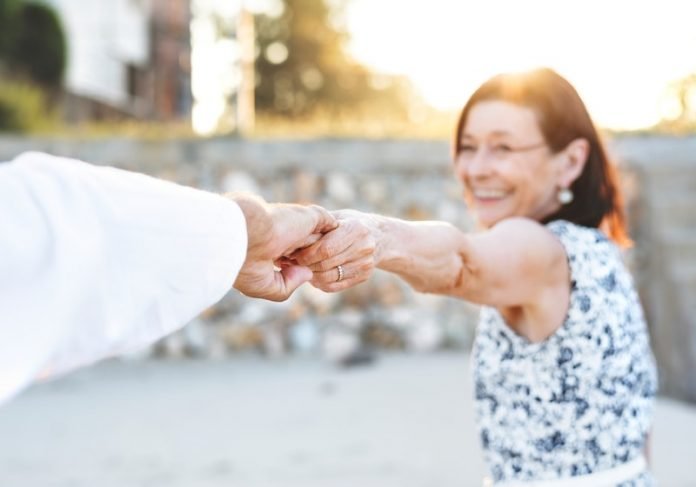
In a new study, researchers examined the ‘age inside’ and ‘age outside’ in older people age 65-90.
They found most older people feel they are younger than they really are.
Although this feeling can be exciting and bring happiness to people, it can also lead to some health risks.
The study was conducted by a researcher from Queen’s University Kingston.
Age inside is a type of self-reported, subjective age, that is unconstrained by years lived or physical health.
In the study, the researcher examined how age inside is linked to the biological age and whether gender, income adequacy, and education level linked to age inside or age inside perception.
She tested 66 adults aged 65–90 years using an online or in person questionnaire. All of the people had at least one illness.
The researcher found that the majority of people felt they were 20 to 40 years younger than their real age.
She also found that the younger age inside may explain mid and later life purchases such as sailboats, and sports cars, new hobbies, and new loves.
With a youthful age inside, older people may be more likely to take risks and have radical changes in their life. They are less likely to fit into stereotypical elder roles.
The researcher said that this may cause confusion and frustration for loved ones and health practitioners.
The finding has clinical value and it could help explain some older adults’ lack of compliance with medical directives due to the attitude ‘they are for old people, I’m not old’.
She hopes that policymakers and service providers can acknowledge that the biological age may not be reflective of the age of the person inside.
It is important to create health care programs that appeal to the young inside.
The author of the study is L.F. Carver, Post Doctoral Fellow at Queen’s University Kingston.
The study is published in the International Journal of Aging Research.
Copyright © 2019 Knowridge Science Report. All rights reserved.


